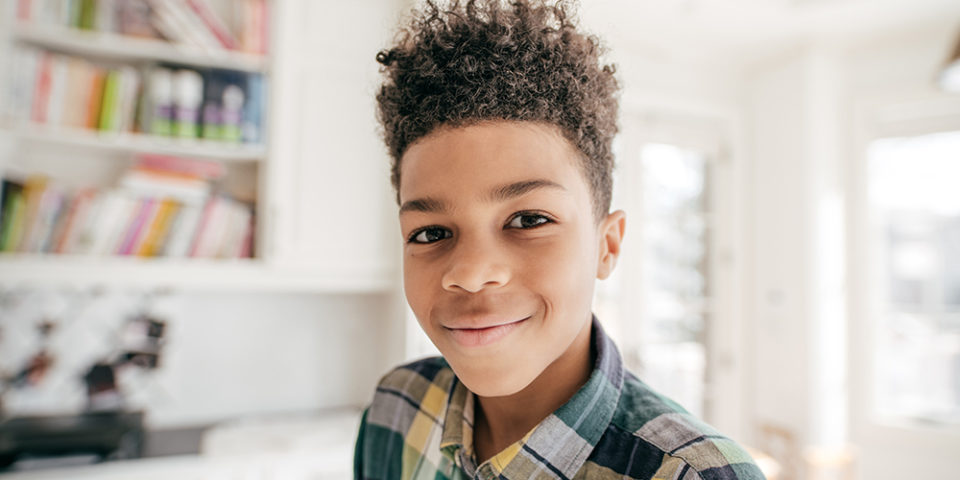What age should a child be allowed to stay at home alone?
When is my child old enough to stay home alone? This is a challenging question and decision for all parents. The age for leaving a child at home varies greatly from child to child because of a number of factors, including the child’s maturity and ability to handle responsibility. Deborah Greenhouse, MD, offered tips to help parents decide when a child is ready.
According to Dr. Greenhouse, a child younger than nine years old should not be left home alone, even for a short period of time. At approximately 10 years old, a child who is responsible may be left for 30 minutes, but no longer than one hour. During this time, the child should be able to keep in contact with a parent.
“The decision to leave your child at home alone, even for a brief period, should be based on common sense. You need to establish a very well-defined set of ground rules.” Dr. Greenhouse suggests that parents do some role-playing activities with their child and ask them questions to find out how they would handle situations that might arise.
How do I know if my child’s ready to stay home alone?
Here are some situations to consider when evaluating your child’s readiness to be alone:
- Is your child comfortable with the idea of being home alone? If not, your child is not ready to be left alone.
- Does your child understand basic safety issues?
- Does your child know how to handle an emergency?
- Does your child know basic first aid and where supplies are stored?
- What would your child do if they spotted a stranger in the yard?
- What would they do if someone knocked at the door?
- What would they do if there was a fire?
- What would they say to a caller who asked for you?
- What would they do if they were locked out of the house?
- What would they do if there was a power outage or a warning about serious weather?
- Does your child know how to operate your home’s security system?
- Will your child be responsible for younger siblings?
- What will your child do if they or a sibling gets sick or injured?
- Is there a trusted relative or neighbor nearby?
- Does your child have the ability to contact you while you are away?
- Can your child get themself a sandwich or a snack if necessary?
- Are there firearms in the home and are they kept safely stored in a locked storage area with the ammunition locked in a different location?
How can I prepare my child to stay home alone?
Some rules to establish may include:
- Never let anyone in the house when a parent is not home.
- Keep the doors locked and do not leave the house.
- Never tell a caller that no one else is home.
- Do not use the stove or the microwave when home alone.
- In a house with a pool, no one goes near the pool unless an adult is present.
- Guidelines for computer, television and video game use.
“You need to be convinced that your child will follow your rules. Your neighborhood, and the proximity of trusted neighbors or relatives, also is important,” said Dr. Greenhouse. “A child who is home alone needs to have a way to contact a parent or to call 911 in the event of an emergency. You should post emergency numbers for neighbors, relatives, doctors and the poison control hotline (Palmetto Poison Center, 800-222-1222).”
As the parent, you know your child’s maturity level, strengths and capabilities best. Deciding to leave your child home alone is a difficult decision and deserves careful deliberation and preparation. Talk with your pediatrician about your child’s age and readiness, and then start with small increments of time.
Find the care you need, close to home
Our primary care physicians provide well visits and everyday care when you need it with compassion and expertise.
Find Primary Care Near You

